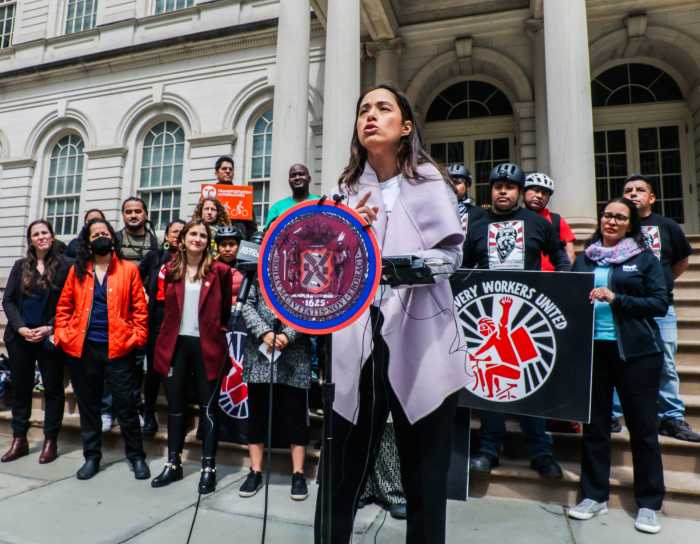Amidst continuing expressions of concern about the abuse of rights and freedoms during Trinidad’s ongoing state of emergency, the head of the country’s judiciary has found it necessary to remind police and soldiers that rights guaranteed under the island’s constitution are still in force.
Chief Justice Ivor Archie spoke to politicians, including Prime Minister Kamla Persad-Bissessar, attorneys and the public in general during the ceremonial opening of the 2011-2012 law term in the capital on Friday and reminded some overzealous law enforcers that emergency rule does not give them the power to abuse the constitution and citizens rights.
“The president has issued a proclamation of a state of emergency pursuant to the constitution. It sounds a little obvious when one states it, but clearly, the constitution can’t suspend itself.
“Those provisions of the constitution that protect and preserve fundamental rights have not been suspended or pushed aside,” Archie said as he also quirked about then low pay judges are earning.
His remarks came just days after rights activists in Trinidad, particularly those aligned to Afro groups, have expressed rising levels of concern about the arrests of hundreds of Black males at so-called criminal hot spots in the country.
The advocates say that while some are probably involved in gang, and other street crimes, Indians, the fair skinned and criminals in the upper classes who import large amounts of cocaine, marijuana and weapons from nearby South America and Jamaica are not being touched.
As a reminder that it’s only the rich who can import large quantities of illegal products, police and soldiers last week unloaded a 40-foot container with US$5M worth of marijuana consigned to an Indian businessman in Central Trinidad.
He has not so far been arrested, but critics of the alleged focus on street crime say they had long been complaining that the big white-collar business criminals were not being targeted enough.
Still the chief justice argued that “contrary to opinions expressed in uninformed circles, the constitution has not been suspended. Citizens may continue to have access to the courts for the protection and vindication of their rights.”
Debate about who gets preferential treatment rages on in the oil- and gas-rich republic with Tobago’ even as preparations are under way to add a new prison detention center to cope with the hundreds who have been arrested.
Emergency rule was recently extended by three months and officials have added several new areas to the list of criminal hot spots to be targeted by law enforcers.

























